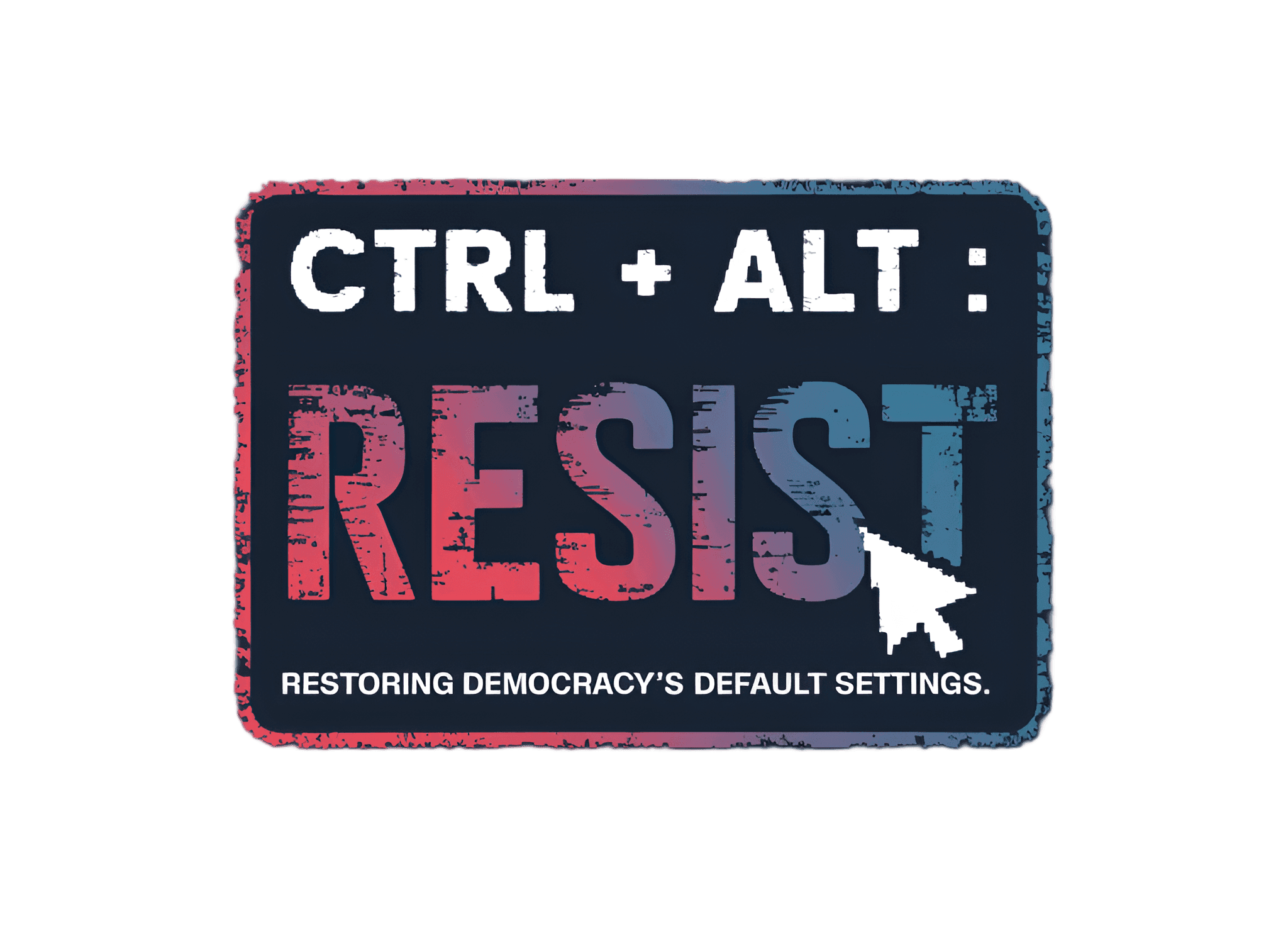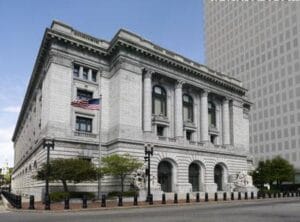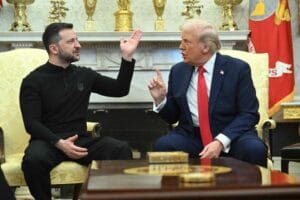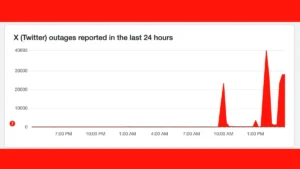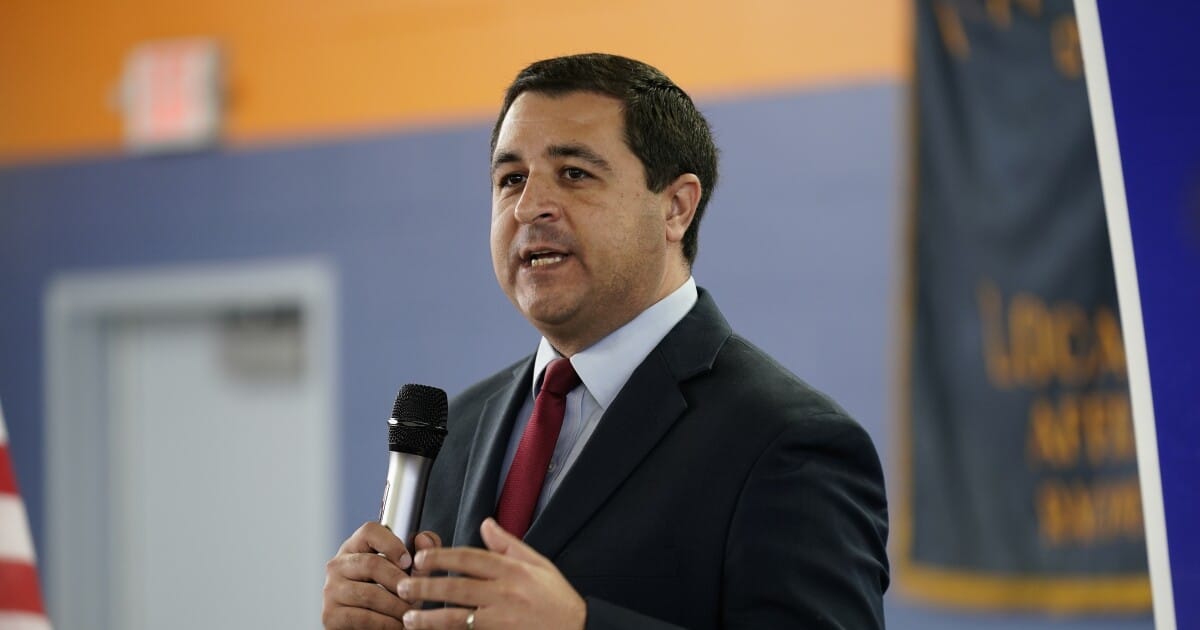
Breaking: DOJ Files Suit as Musk Offers $2M Linked to Wisconsin Vote
Jump to:
Wisconsin AG Challenges Musk’s Election Cash Prizes
Wisconsin Attorney General Josh Kaul has initiated legal action against billionaire Elon Musk over controversial cash incentives linked to the state’s Supreme Court election scheduled for April 1, 2025. The Wisconsin election law lawsuit seeks to prevent Musk from distributing substantial monetary rewards to individuals in connection with the election, alleging violations of state statutes prohibiting voter inducement.
The legal challenge addresses Musk’s evolving incentive programs that began with a March 27 announcement offering $1 million each to two Wisconsin voters who participated in the Supreme Court election. After immediate legal scrutiny, Musk modified his approach to offer $2 million to individuals signing a petition against “activist judges,” while his political action committee offered additional $100 payments to registered voters who signed or shared the petition.
“Wisconsin’s election laws exist to protect the fundamental principle that our democratic process cannot be bought or sold,” Attorney General Kaul stated when announcing the lawsuit. “No individual, regardless of wealth or status, can be permitted to undermine these protections.”
Legal Foundations and Key Arguments
The lawsuit centers on Wisconsin statute 12.13, which prohibits offering anything of value to induce or compel voting behavior. The Department of Justice argues that Musk’s initial offer directly connected financial rewards to voting, while the revised petition-based program represents a transparent attempt to circumvent electoral laws while still connecting financial incentives to the election.
Legal experts note this case treads relatively uncharted territory, as campaign finance regulations have traditionally addressed donations to campaigns rather than direct voter incentives. The court’s determination could establish significant precedents about whether wealthy individuals can distribute personal funds as rewards connected to elections.
“This case potentially establishes new boundaries on how the extraordinarily wealthy can leverage their resources to influence elections,” noted Professor Eleanor Martinez, election law specialist at the University of Wisconsin Law School. “The court must determine whether these cash incentive programs represent prohibited election interference or protected political expression.”
High-Stakes Supreme Court Election Context
The legal controversy unfolds against the backdrop of Wisconsin’s April 1 Supreme Court election between Judge Susan Crawford and Judge Brad Schimel, which has garnered national attention due to its potential impact on the court’s ideological balance. The winner will replace a retiring conservative justice, potentially shifting the court’s composition on critical issues including abortion access, legislative redistricting, and voting rights.
This context has transformed a typically low-profile judicial race into a nationally significant election attracting unprecedented campaign spending exceeding $42 million—more than double the previous national record for a state Supreme Court race. Musk’s contributions represent a significant portion of this funding, with his reported donations exceeding $19 million to organizations supporting Judge Schimel.
Divergent Perspectives on the Controversy
The case has generated divided responses reflecting broader tensions between campaign finance regulation and free speech protections. Supporters of the lawsuit contend that election integrity fundamentally depends on preventing financial inducements from influencing voting behavior. Critics argue that the revised petition program represents protected political expression and that connecting monetary incentives to petition signing rather than voting places the activity within First Amendment protections.
Political reactions have predictably fallen along partisan lines. Democratic leaders characterize Musk’s actions as an attempt to inappropriately influence the election through financial power, while Republican officials defend Musk’s right to engage in the electoral process through both traditional and innovative means.
Wisconsin voters have expressed mixed reactions, with polling showing 64% concerned about financial incentives inappropriately influencing voting behavior, while 47% believed wealthy individuals should have broad latitude to engage in political activities.
“I don’t want our elections turning into lottery drawings,” said Milwaukee resident Janice Kowalski, 57. “But I also wonder if the government should be telling private citizens how they can spend their money.”
Broader Implications for Democracy
The case symbolizes the rapidly changing nature of campaign finance in the digital age. As traditional contribution limits have weakened through court decisions like Citizens United, wealthy individuals have found increasingly creative methods to leverage resources for political influence.
Musk’s approach—bypassing traditional campaign organizations to offer direct financial incentives—represents a potential new frontier in political spending that challenges existing regulatory frameworks. His ability to rapidly announce, modify, and promote these programs to millions of followers highlights the growing intersection between social media reach, financial resources, and electoral influence.
“When someone with tens of millions of followers can instantly announce million-dollar rewards connected to an election, it creates an entirely new dimension of potential influence that our legal system wasn’t designed to address,” noted Dr. Jason Wong, director of the Digital Democracy Project at Stanford University.
Potential Outcomes and Precedent-Setting Impact
Legal scholars have identified several potential resolutions as the case moves through Wisconsin’s court system. The court could grant a complete injunction against both programs, determining that any financial incentives connected to electoral participation violate Wisconsin law. Alternatively, it might distinguish between direct voting incentives and indirect petition-based programs, prohibiting the former while permitting some version of the latter.
The resolution will likely establish crucial precedents regarding whether there exists a legal pathway for direct financial incentives in connection with elections. This outcome could influence how campaign finance regulations evolve nationally as states confront similar challenges from wealthy individuals seeking unconventional ways to influence electoral outcomes.
As the Wisconsin Supreme Court election approaches, this legal challenge represents more than a simple regulatory action—it embodies a crucial moment in the ongoing tension between wealth, influence, and democratic processes. The case forces courts to address fundamental questions about the boundaries of money in politics and whether existing election laws can adequately protect democratic integrity from novel forms of influence in the digital age.
What are your thoughts on this issue? Join the conversation below.
